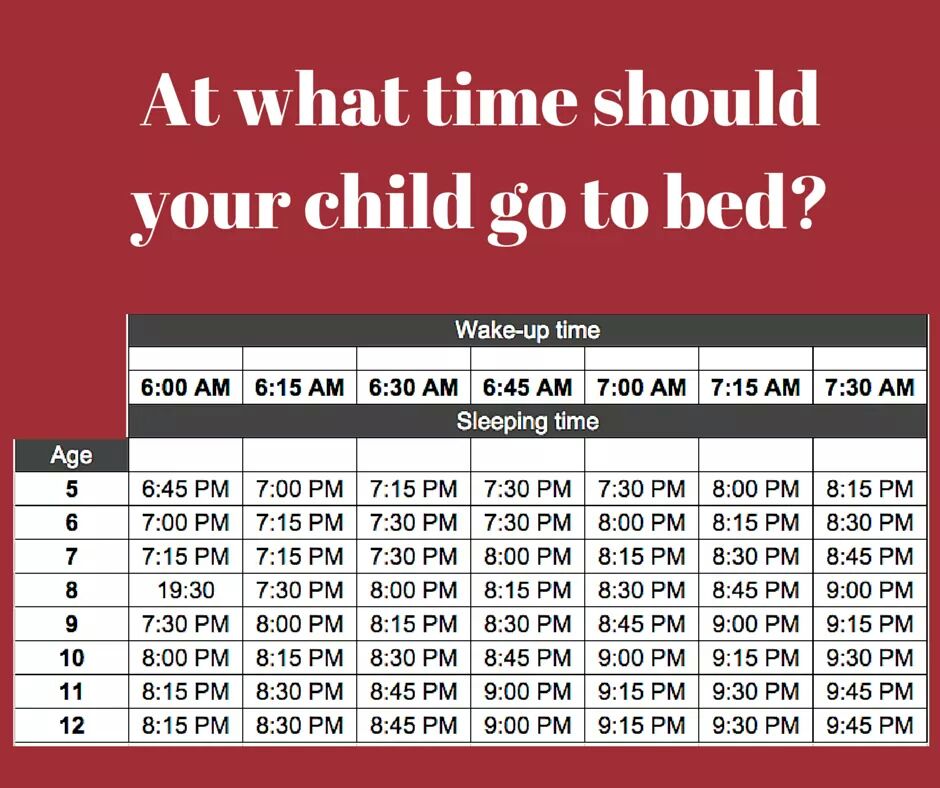Alpha, Bravo, Charlie and Delta.
Most military members and their families can say the military phonetic alphabet just as easily as they can sing the alphabet.
But Alpha, Bravo, Charlie, and Delta aren’t just part of the service member’s vocabulary.
They are also names given to service member’s children.
Charlie, meaning “free man,” has been among one of the top 1,000 names for baby girls since 2005, and much longer for baby boys, according to the Social Security Administration
Charlie, though, isn’t exclusively a military name.
But Ace is. And it’s been in the top 1,000 names since 2010, according to the SSA.
So has Garrison, which has been in the top 1,000 since 2012.
Still, the names can get even more thematic, if you dig.
Bullet. Jet. Liberty. Jeep.
Major and Maverick, both listed as popular since 2010 by the SSA, and Roger, literally meaning “famous warrior,” which has been popular since well before 2000.
“The factors that parents typically consider when naming a child include family names, popularity of a name … religious names, ethnicity, and possible nicknames or rhymed names that could cause a child to be teased,” said Mallory Moss, co-founder of BabyNames.com.
Considering all those factors, it’s not shocking that some military families choose to use terms familiar and dear to soldiers, sailors, Marines, and airmen.
She said the popularity of a name – especially a military one – can work for or against a parent deciding to add some military terminology into a baby’s name.
“This could go either way,” she said. “Some parents want something popular, and some parents do not.”
Other traditional military names can carry a double meaning and become popular, though not for their original military association, she said.
“I think Benedict is an interesting name to discuss, as it is, military-wise, associated with a traitor, yet [the name is] becoming popular alongside the popularity of the actor Benedict Cumberbatch,” Moss said.
Military heroes, in particular, can provide great options for names and often do, she added.
“Names I would suggest from this list would include Nathanial, Patton, Creighton,” which is interesting and has the potential to become more popular,” she said, along with “Alexander and Colin.”
She dislikes the names Chester, Sherman, and Ulysses. She also doesn’t like Jackson – and alternate spellings like Jaxon, Jacson, and Jacsyn - because it’s by far the most popular military-hero name and, therefore, over-used, she said.
According to the SSA, she’s correct. Jackson has been a popular name since before 2000, peaking in popularity in 2013, when more than 0.5 percent of total boys born in the United States were given the name Jackson.
Also, “the boy names that are more military tend to be traditional, and traditional and Biblical boy names do tend to be the most popular,” Moss added, so it’s not shocking that so many families choose military-inspired first and middle names.
While the trends for female military names are much harder to track, we do know that using traditionally male names for females, like the aforementioned Charlie, is in itself its own increasing trend, she added.
So, when you’re naming a child, remember that you can’t control what happens to the popularity of a name, Moss said.
“Understand that if you pick a name that becomes unpopular, the child will be stuck with it for life,” she said. “Chester, I imagine, is one such choice.”
She recommends that, when picking a name, you make sure it sounds good with your last name. She also said most parents should avoid a name that “means an adjective or a noun, like Kelly Green or Crystal Chanda Leer.”
And pay special attention to the fact that some names may be “easily teasable” and avoid those, Moss said.
You don’t want something too old-fashioned sounding. And if you can pick something that lends itself to a nickname you like, that’s a positive too, she said..
“It’s hard to stop people from using nicknames without sounding like a jerk,” she said.





